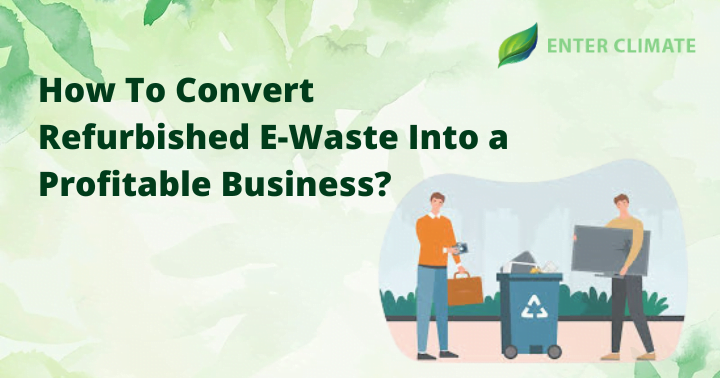
How to convert refurbis...
Under E-Waste Management Rules, 2016, refurbishment is defined as the procedure that expands the quality of disposed Electrical and Electronic Equipment (EEE) registered under Schedule I to increase t....Read More

What are the Licenses N...
Dismantling of E-Waste is defined as the process of segregating components of E-Waste either manually or by automated machines into pieces that can be recycled, which further can be reused.....Read More
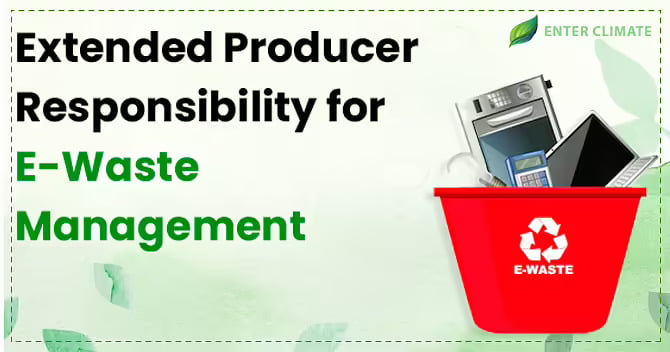
Extended Producer Respo...
The lockdown was imposed worldwide due to Covid-19, forcing everyone to isolate themselves from the outside. The world adapted to the online mode of everyday work, including online offices and....Read More
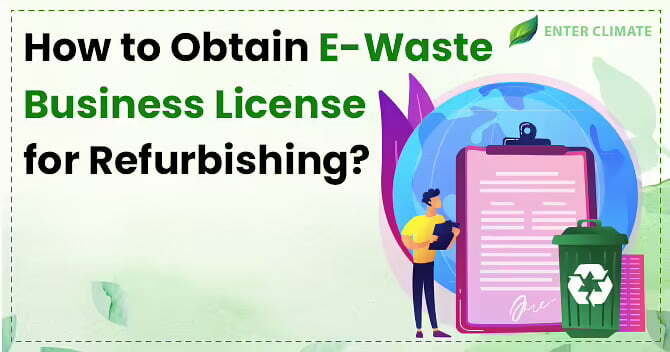
How to Obtain E-Waste B...
As per the latest 2021 report of the United Nations, every individual in the world produces an average of 7.6 kg of e-waste, resulting in a total of 57.4 million....Read More
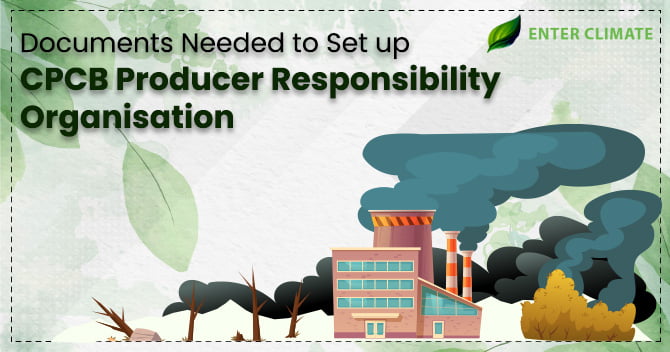
Documents Needed to Set...
The E-Waste (Management) Rules of 2016 define Producer Responsibility Organisations under Rule 3(dd) as professional organisations authorised or financed collectively or individually by producers. The....Read More
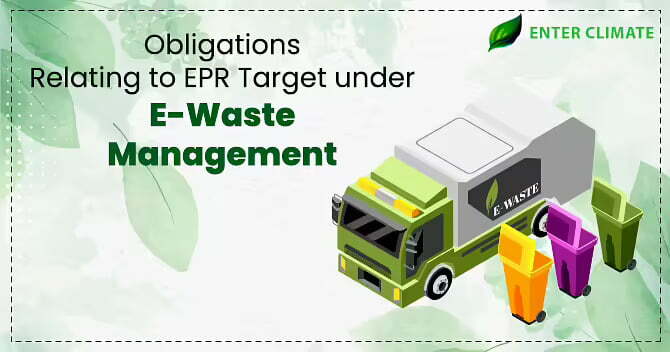
Obligations Relating to...
EEE (Electric or Electronic Equipment) have become an essential part of everyone’s life, especially with the spread of the pandemic. But this development and influx of products in the market,.......Read More
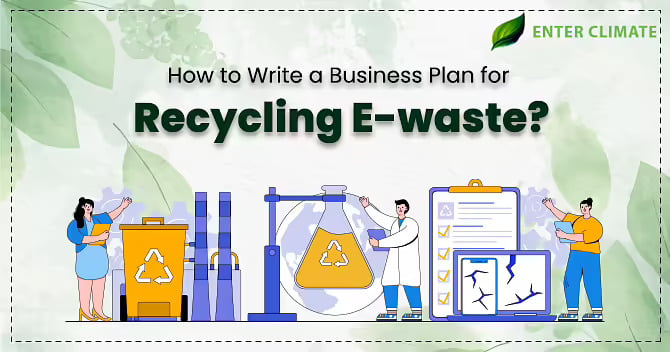
How to Write a Business...
With the constants influx of new technology and gadgets in the market, the amount of E-Waste is also growing, causing the need for proper classification of E-Waste into different categories....Read More
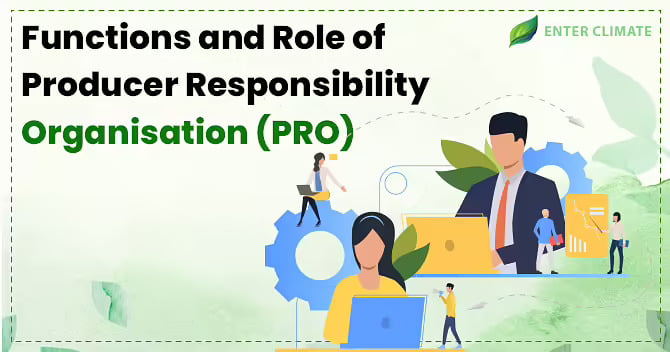
Functions and Role of P...
PRO or Producer Responsibility Organisation is defined as the enterprise that is delegated with the Producer’s responsibility to fulfill their Extended Producers’ Responsibility pertaining to coll....Read More
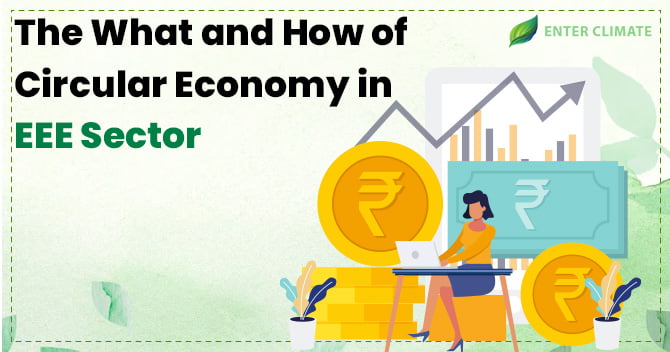
The What and How of Cir...
The circular economy is defined as the economic model of production and consumption, which mainly involves repairing, reusing, recycling, refurbishing, sharing and leasing the materials, thereby exten....Read More

E-Waste Auction Regulat...
Auctions are not just an event for sale and purchase. They can also act as an opportunity for any waste-related business that wants to take its business to the next....Read More











